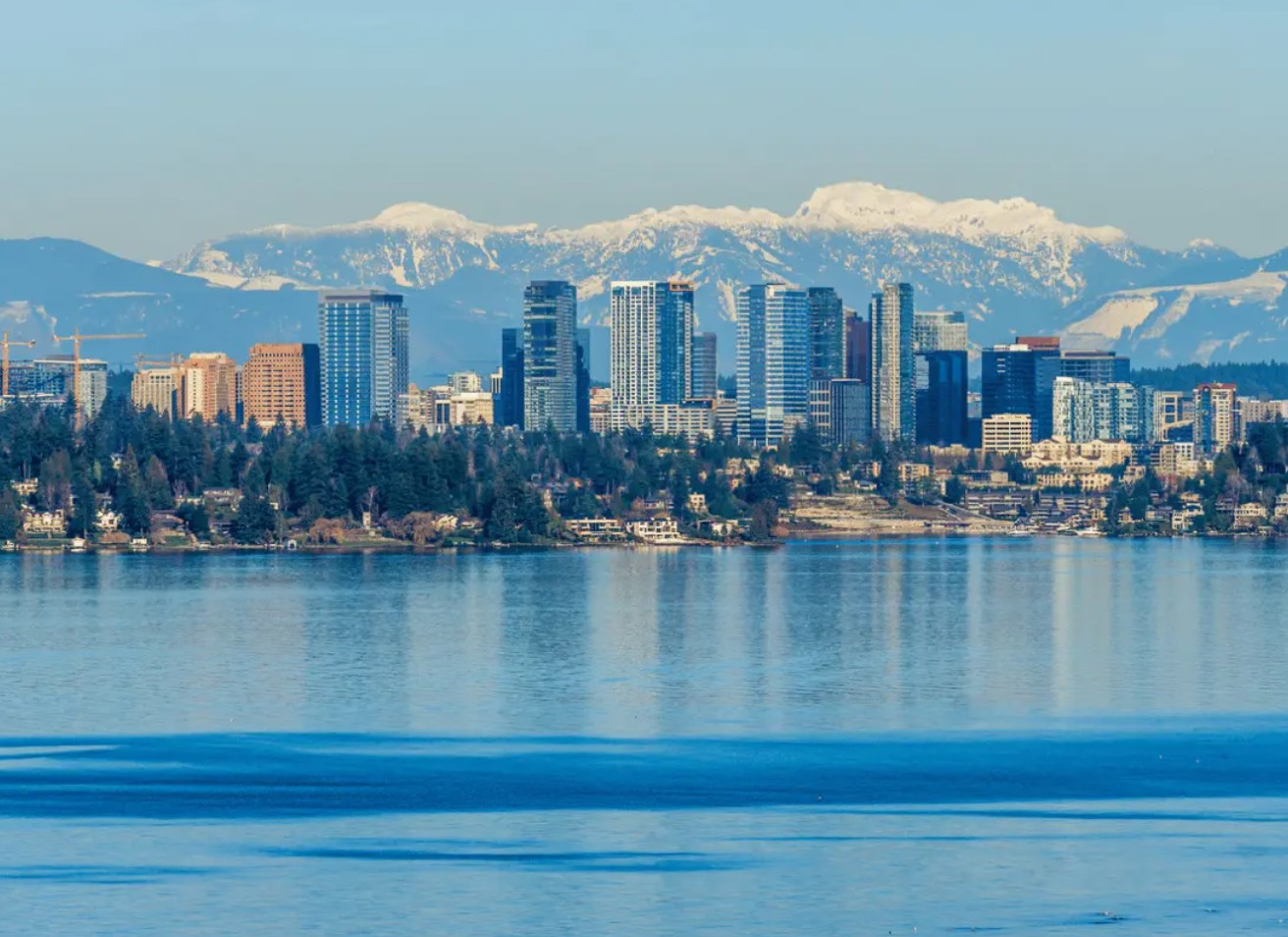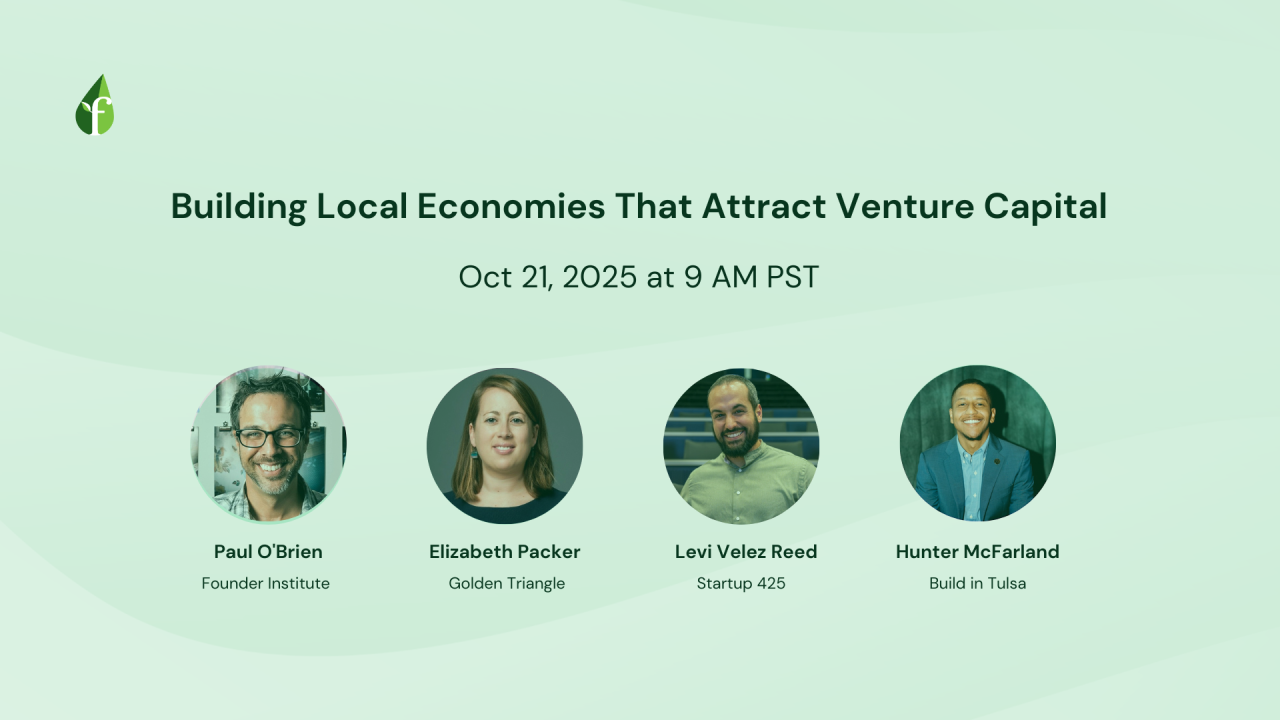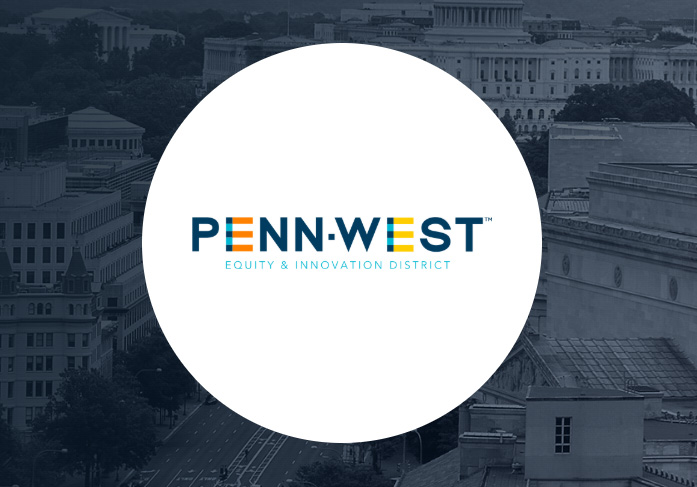
Bellevue isn’t Seattle and that’s precisely the point. Too often, when people talk about the Pacific Northwest, Bellevue gets treated as an extension of Seattle. But Bellevue has its own history, its own culture, and critically, its own startup identity. Understanding this matters not just for Washington but for cities everywhere trying to grow deliberately, without hype. If you are working in developing the startup ecosystems in your region of the world, digging in with me offers some best practices. Let me seed first, so you know why I’m taking a closer look here; that something happened in this region of the world similar to what happens with many cities: Seattle is known for roughly 18 unicorns; what few realize is that nearly half were actually founded in Bellevue. That’s the kind of quiet outperformance worth paying attention to. Let’s dig in and use that focus to help every other city appreciate how to stand out and more meaningfully serve entrepreneurs and venture capital.
From Strawberry Fields to Skyscrapers
Bellevue’s story begins in a landscape that was more farms than freeways. In the early 20th century, the region was known for strawberries, with the annual Bellevue Strawberry Festival becoming a cultural landmark. Those farms gave way to mid-century suburbia as the floating bridge across Lake Washington turned Bellevue into a commuter community. By the late 20th century, Bellevue had stopped being just Seattle’s bedroom community and started building its own skyline, all of which is why we’re here exploring together.
The arts followed suit. Eastside Heritage Center s Bellevue’s local history organization while Northwest Arts Center inspires artists and BelRed Arts District is a hub for artists, studios, galleries, and creative operations. Bellevue Square and its downtown parks evolved as gathering places, seeds of communities that now are found online as much as off, and turning what had been farmland into a kind of civic gallery. If Seattle cultivated grunge, Bellevue cultivated glass towers and civic festivals, less angst, more aspiration. That aspiration has become the soil in which today’s entrepreneurial culture is growing.
Eastside Innovation
Entrepreneurship in Bellevue isn’t new. If Seattle birthed Microsoft, Bellevue raised it. Microsoft’s first headquarters after moving out of Albuquerque in 1979 was in Bellevue, not Redmond. Nintendo of America also set up shop in Bellevue before later shifting offices around the Eastside. And don’t forget Valve, the video game powerhouse behind Steam, called Bellevue home.
In case you missed it, Snowflake and Open AI both opened offices in Bellevue this year, and OpenAI even found some fame in Bellevue as the stage for an April Fools announcements, a playful nod that the city has become shorthand for where the future lands. While we’re not actually getting the first-ever AI Robot retail store, I do now want one; and they picked Bellevue as the epicenter for that vision.
Bellevue has always been fertile ground for enterprise software, gaming, and consumer tech. More recently, T-Mobile’s U.S. headquarters has put the city on the map in telecom. Smartsheet, the work management SaaS unicorn, is proudly Bellevue-based. Expedia once planted its flag there. The pattern? Bellevue tends to host the operators, the product builders, the companies scaling what Seattle’s researchers and visionaries dream up. This is a typical pattern of collaboration in the U.S., intentional or not, with the eastern seaboard and MIT and Harvard driving a lot of innovation that found adoption through Silicon Valley, or Houston’s Oil & Gas industry drawing innovation from Austin and West Texas. What we have here is the practical or consumer application of big ideas.
Sister Cities, Unequal Siblings
Seattle is the port city, the cultural export, the grunge soundtrack. Bellevue is the operator, the builder, the modernist condo across the lake. Where Seattle thrives on public identity (from Pike Place to Amazon’s spheres) Bellevue is corporate, quiet, understated. And that’s exactly why it works for entrepreneurs who want to build, not just be noticed.
Startups in Seattle often find themselves competing with the cultural weight of Amazon and Microsoft. In Bellevue, the skyscrapers may be glass, but the culture is more porous. Here you find startups tackling fintech, SaaS, and gaming, not because it’s trendy, but because the proximity to capital and corporate headquarters makes it possible.
The strength of Bellevue is that we don’t need to chase headlines. Our growth has always come from alignment,” shared Levi Velez Reed, Loyal VC Venture Partner and EiR in Bellevue’s Startup425. “City planning, private sector leadership, and intentional community building. That’s not as flashy as hype, but it’s why companies that start here endure.
The Venture Capital and Startup Scene in Bellevue
Now let’s get specific, because everyone says “Seattle VC” when they’re actually talking about firms on the Eastside.
Bellevue hosts a growing share of the region’s venture capital activity. Firms such as Ignition Partners, historically headquartered in Bellevue, have long been among the most notable VC funds in the Pacific Northwest. Other firms with Eastside presence include Madrona Venture Group (officially Seattle, but with significant activity in Bellevue’s orbit), and emerging investment groups focusing on enterprise SaaS, gaming, and cloud infrastructure.
Startup development organizations are also increasingly planting roots in Bellevue. Startup Grind Bellevue has established itself as a local node of the global entrepreneurial network. New Tech Eastside meets regularly in Bellevue, cultivating connections distinct from the Seattle core. Bellevue runs the Startup425 Accelerator, an innovative new program leveraging the Founder Institute methodology and platform to mint new businesses across the Eastside region. Powered by a partnership between the Eastside cities of Bothell, Redmond, Kirkland, Bellevue, Renton, and Issaquah, Startup425 aims to drive economic growth in the area by supporting and educating founders. The program has already graduated 39 businesses and anticipates 80 more by the end of next year.
Major events reflect this shift, too. The Bellevue Tech Expo and Eastside innovation summits have emerged as alternatives to Seattle’s overcrowded startup calendar. Microsoft and T-Mobile sponsorship of local meetups ensures Bellevue’s tech community isn’t playing second fiddle but running its own shows.
Distinct Sectors of Strength
Bellevue’s economy excels in sectors that thrive not by accident, but because of deliberate alignment between corporate anchors, civic planning, and entrepreneurial talent:
-
Enterprise SaaS and Cloud: Thanks to Microsoft’s legacy, Bellevue has deep engineering talent in software operations, databases, and productivity tools. Smartsheet is merely the most visible example.
-
Gaming and Interactive Media: Valve, Bungie (nearby in Bellevue before relocating), and numerous indie studios anchor Bellevue as a global gaming hub.
-
Telecommunications: T-Mobile’s presence isn’t just a corporate quirk, it makes Bellevue a magnet for telecom and wireless startups.
-
Fintech and Payments: With cross-border commerce and Seattle’s global shipping legacy, Bellevue has cultivated companies in payments infrastructure and fintech services.
Why successful here? Because Bellevue has talent that knows how to scale operations, not just invent things. It’s the difference between an orchestra conductor and the songwriter; both important, but Bellevue has the baton.
The Region vs. the City
Here’s the inconvenient truth for city boosters: just as Silicon Valley isn’t San Jose or Palo Alto or Mountain View alone, the Seattle-Bellevue metro isn’t defined by one city. It’s a regional economy. Seattle gets a lot of the culture and global recognition, but Bellevue supplies the scaffolding that keeps the whole thing upright. Knowing both about Bellevue, and the fact that it is across the bay from Seattle, should help paint the picture of the implication and opportunity of being here, as well as being an example of how cities throughout the world should plan development (and entrepreneurship) by embracing what’s next door.
The danger? If I were to encourage the city, if Bellevue doesn’t assert its identity as distinct from Seattle, it risks being seen as just another suburb rather than the operational hub of Pacific Northwest innovation (Palo Alto is not San Francisco but together they are the Bay Area). The opportunity? If Bellevue positions itself properly, it can become to Seattle what Palo Alto became to San Francisco; a home to scale and not just a startup city trying to be as good.
Six Considerations of Startup Economic Development for Bellevue
In much of my work assessing regions of the world to better serve entrepreneurs, we draw from a framework of 6 considerations, wherein we *always* weigh both strengths and weaknesses (or gaps) to help a city focus their attention where needed while leveraging what they have. Here, let’s evaluate briefly:
-
Capital – Bellevue historically lagged behind Seattle in attracting VC, but with Ignition Partners, Alliance of Angels connections, and corporate investment, the Eastside has strong early-stage capital. Growth-stage capital is still more concentrated in Seattle.
-
Talent – Deep engineering and operational talent, thanks to Microsoft, T-Mobile, and enterprise SaaS firms. However, creative and cultural talent tends to cluster in Seattle, creating a bifurcated workforce.
-
Community – Bellevue’s meetups, FI chapter, and Startup Grind events are strong but lack the density and diversity of Seattle’s startup social fabric. It’s more curated, less chaotic.
-
Infrastructure – Modern, high-quality office towers and co-working spaces abound in downtown Bellevue. Transportation remains the weak link, with dependency on the bridge limiting regional integration. For entrepreneurs, this highlights a bigger truth: mobility is infrastructure. To thrive, founders must be able to show up where opportunity is, and Bellevue still can make a difference here.
-
Policy – Bellevue is known for business-friendly governance and supportive city planning. But Washington State’s overall tax and regulatory climate applies equally here, and policy often tilts toward Seattle’s priorities (presenting an opportunity for the City to lean in on the benefits of being more attractive for what matters).
-
Culture – This is the hardest nut to crack. Bellevue’s culture is corporate, structured, and efficient, great for scaling, not always inspiring for the lone founder tinkering in a garage. Bellevue can cultivate more visible risk-taking identity and that’s why the program put together with Founder Institute is a catalyst for the future.
Bellevue is not Seattle’s twin. It’s not even Seattle’s sibling; it’s the other half of a two-headed beast that, like Silicon Valley, works only when you see the whole. And with the civic coalition working with the infrastructure, curriculum, and network of Founder Institute, Bellevue is on the cusp of attracting the capital and attention that meaningful entrepreneurs deserve. With Founder Institute and civic partners working together, the city is showing what operational brilliance and quiet alignment can achieve. Economically vital, increasingly central, and deliberately built, Bellevue is a model for how unseen work shapes the future.
Join Us, All, Not just In Bellevue
Because of cities like this and work such as what Levi is doing, we’re hosting an event on October 21, 2025, Building Local Economies That Attract Venture Capital - How to Turn Your Local Economy Into Real Growth (click here to register to attend the free discussion); to bring city leaders to the table to not just hear from what Bellevue is doing. Everyone is welcome and encouraged because we'll be joined by Elizabeth Packer, Director of Economic Development @ Golden Triangle Business, and Hunter Mc Farland, Investor Relations Manager @ Build in Tulsa, to add an east coast and central perspective from the United States. We will be sharing how public-private partnership in entrepreneurship - exemplified by Bellevue’s collaboration with Founder Institute - is a great path forward for you.
The lesson isn’t just that Bellevue is successful. Bellevue shows how regions win, not just cities.




